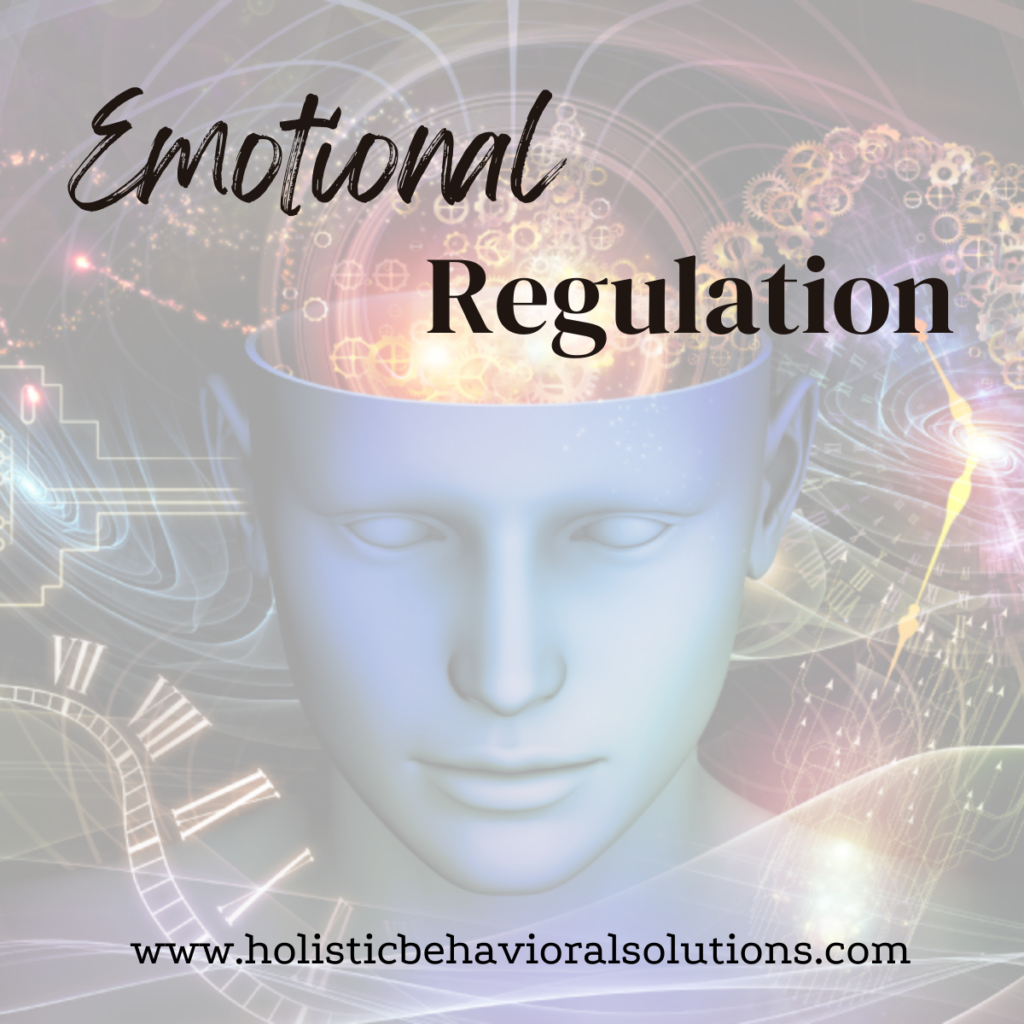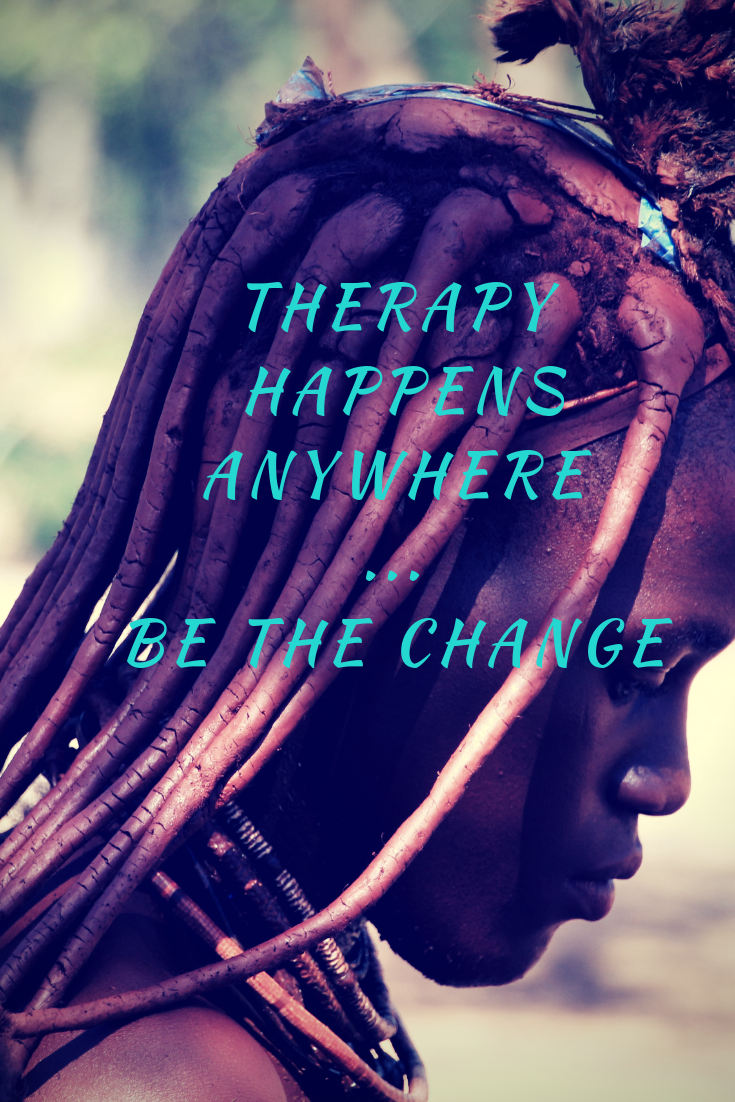
Emotional regulation is a foundational skill that I have been teaching for over 20 years as a licensed psychotherapist. As a seasoned therapist specializing in resilience, I have witnessed firsthand the importance of healthy regulation skills in my clients’ lives. Emotional regulation is the ability to manage and respond to emotional experiences in a healthy and adaptive way. For those facing stress, trauma, or other mental health challenges, this skill is critical. It allows us to process and express emotions effectively rather than being overwhelmed by them. Whether in therapy or in everyday life, developing emotional regulation can dramatically improve one’s well-being, relationships, and resilience.
Let’s talk about emotional regulation, why it’s important, and how you can develop this crucial skill to handle life’s ups and downs with greater confidence and emotional balance.
What Is Emotional Regulation?
Emotional regulation refers to the ability to monitor, evaluate, and modify one’s emotional reactions in a way that promotes healthy functioning. Rather than letting emotions control actions, individuals who have strong emotional regulation skills can pause, assess their emotions, and choose how to respond in a way that aligns with their values and goals.
Self-regulation does not mean suppressing emotions or pretending not to feel things. It is about recognizing emotions as they arise, understanding their source, and responding in a way that helps, rather than harms, your emotional and mental health.
For example, instead of lashing out in anger during an argument, someone with strong self-regulation might recognize their anger, take a step back, and respond calmly. This ability to manage emotions can make the difference between escalating a conflict and resolving it productively.
Why Emotional Regulation Is Important for Resilience
Resilience—the ability to recover from setbacks, adapt to change, and keep going in the face of adversity—depends heavily on emotional regulation. Life inevitably brings stress, loss, frustration, and disappointment. How we handle those emotions determines whether we get stuck or move forward.
Self-regulation helps build resilience in several ways:
- Reduces Emotional Overwhelm: When emotions become overwhelming, they can cloud our judgment and make it difficult to think clearly. Emotional regulation helps keep intense emotions in check, allowing us to approach challenges with a clearer, calmer mindset.
- Improves Decision-Making: Emotional regulation allows us to pause and reflect before acting. This leads to better decision-making, as we’re not acting out of impulse or emotional reactivity.
- Strengthens Relationships: Emotions like anger, frustration, and sadness can strain relationships when not handled well. Emotional regulation enables us to express emotions in a way that promotes understanding and connection, rather than conflict.
- Promotes Mental Health: Without emotional regulation, we can fall into patterns of unhealthy coping, such as avoidance, suppression, or emotional outbursts. By managing emotions in a healthy way, we reduce the risk of developing anxiety, depression, or other mental health disorders.
The Brain and Emotional Regulation
At the core of self-regulation is the prefrontal cortex—the part of the brain responsible for decision-making, problem-solving, and impulse control. The prefrontal cortex works in tandem with the amygdala, which is responsible for processing emotions like fear, anger, and pleasure. When emotions run high, the amygdala can hijack our responses, leading to impulsive reactions. Emotional regulation strengthens the connection between the prefrontal cortex and the amygdala, allowing us to respond to emotional triggers with greater control and thoughtfulness.
For individuals who have experienced trauma or chronic stress, the amygdala may be hypersensitive, leading to exaggerated emotional responses. Self-regulation helps to calm the amygdala’s response, creating a sense of safety and stability in the face of stress.
Common Challenges to Emotional Regulation
While self-regulation is a vital skill, it doesn’t come naturally to everyone. Many factors can make emotional regulation more difficult, including:
- Stress: Chronic stress can weaken our ability to regulate emotions. When we’re constantly overwhelmed, it’s harder to take that pause before reacting.
- Trauma: Individuals who have experienced trauma often struggle with regulating emotions, as their nervous systems may be more easily triggered into fight-or-flight mode.
- Mental Health Conditions: Anxiety, depression, and other mental health disorders can make emotional regulation more difficult. These conditions often heighten emotional responses or make it difficult to experience emotions fully.
- Lack of Skills or Tools: Emotional regulation is a skill that can be developed. Without the right tools or techniques, managing emotions can feel impossible.
Techniques for Developing Emotional Regulation
Thankfully, emotional regulation is a skill that can be learned and strengthened over time. Here are some practical strategies for improving your emotional regulation:
1. Mindfulness
Mindfulness is one of the most effective tools for emotional regulation. By practicing mindfulness, you become more aware of your emotions in real time, without judgment. This awareness allows you to notice emotional triggers and respond to them thoughtfully, rather than automatically reacting.
One technique I often recommend to clients is mindful breathing. When you feel an intense emotion rising, pause and take deep breaths. Focus on the sensation of your breath entering and leaving your body. This practice helps to activate the parasympathetic nervous system, which calms the body and mind.
2. Cognitive Restructuring
Cognitive restructuring is a technique from Cognitive Behavioral Therapy (CBT) that helps you challenge and change negative thought patterns. Often, emotions like anger, sadness, or anxiety are fueled by distorted thinking, such as “I’ll never be good enough” or “Everyone is against me.”
By identifying and challenging these thoughts, you can reframe them into more balanced and realistic ones. This reduces the intensity of the emotional response and allows for healthier ways of coping.
3. Emotion Naming
A simple but powerful emotional regulation technique is naming the emotion you’re experiencing. Research shows that labeling an emotion (e.g., “I’m feeling angry right now”) reduces the emotional intensity of the experience. When we name emotions, we activate the prefrontal cortex, which helps to regulate the emotional response.
Encourage yourself to take a moment to identify and name your emotions as they arise. This practice helps to create distance between you and the emotion, making it easier to respond thoughtfully.
4. Grounding Techniques
Grounding involves using physical sensations to anchor yourself in the present moment when emotions feel overwhelming. Techniques like holding an object, focusing on your feet pressing against the floor, or splashing cold water on your face can help you reconnect with your body and calm the emotional storm.
5. Building a Resilience Toolkit
As part of developing emotional regulation, I recommend building a personal resilience toolkit—a set of coping strategies and self-care practices that help you manage stress and emotions. This might include exercise, journaling, talking to a trusted friend, practicing gratitude, or engaging in creative activities.
Emotional Regulation in Practice
In my practice, I worked with a client, “Mr.Rojo”, who struggled with anger and irritability, often lashing out at his loved ones when he felt overwhelmed. Through therapy, we introduced mindfulness techniques and cognitive restructuring to help him notice his emotional triggers and pause before reacting. Over time, this client became more aware of his emotions and better able to regulate his responses. His relationships improved, and he reported feeling more in control of his emotions, even during stressful situations.
Our Parting Thoughts
Emotional regulation is an essential skill for navigating life’s challenges with resilience and emotional balance. By developing the ability to manage and respond to emotions effectively, you can improve your mental health, strengthen relationships, and build the capacity to bounce back from adversity.
Whether through mindfulness, cognitive restructuring, or grounding techniques, emotional regulation is within your reach. With practice, you can learn to respond to emotions in ways that align with your values and goals, fostering greater well-being and emotional resilience.
Emotional Regulation and The Holistic Store
We would be doing you an injustice if we did not let you know about the holistic store. Boost your connection from the inside out with our wellness supplements and supplies. Check out our store for products that help you feel your best, making it easier to open up and connect on a deeper level. A gentle reminder: respect, honor, and value yourself every day.

